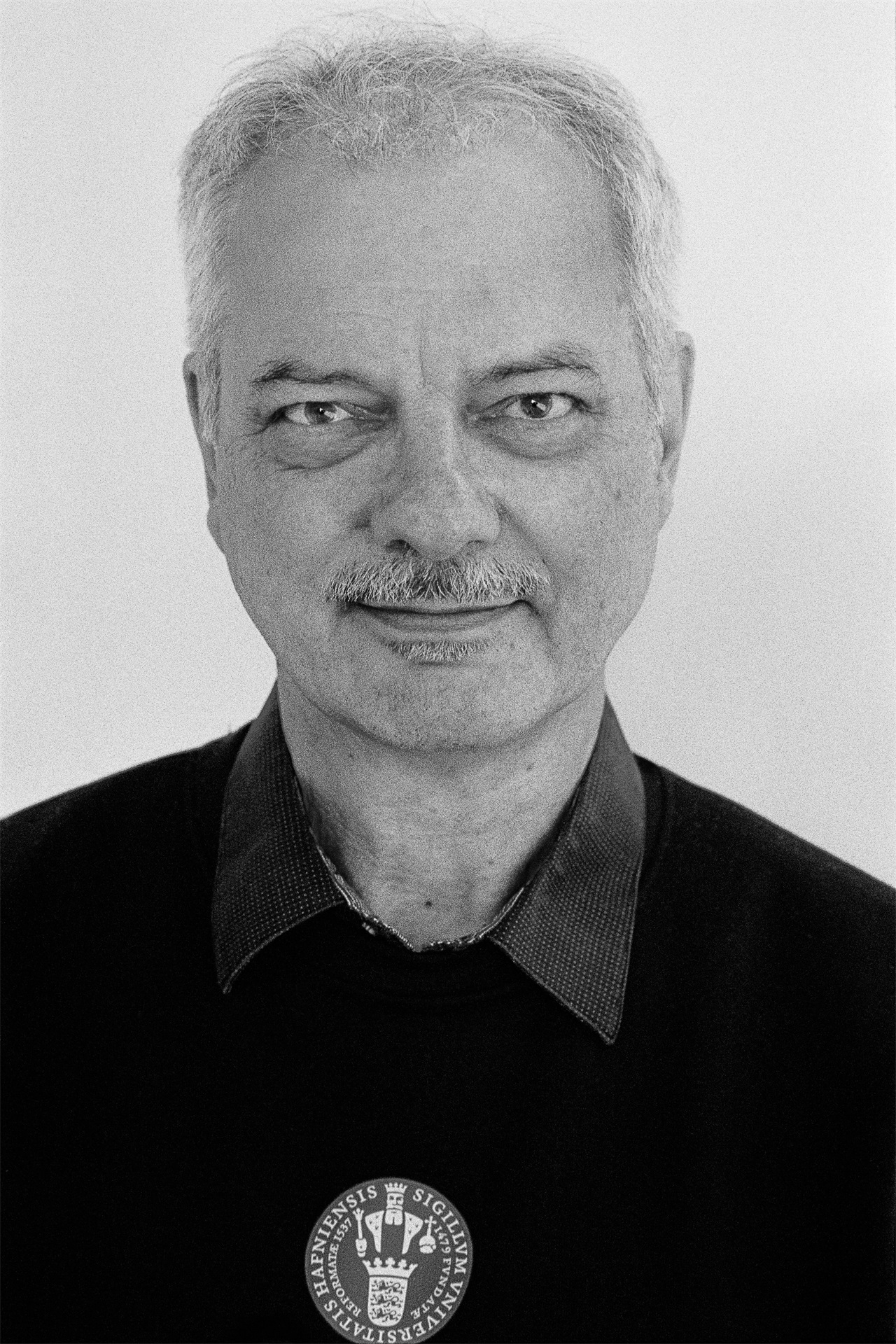
In his Nobel Lecture, Morten Meldal credited his parents for kindling his interest in science, as they were always, “dragging him through forests, making collections of rocks, butterflies, insects…”. Those nature walks were not wasted. Meldal went on to pursue an academic career in chemistry, mostly in his home country, Denmark. In 2022, he became the recipient of the Nobel Prize in Chemistry, along with K. Barry Sharpless and Carolyn Bertozzi, “for the development of click chemistry and bioorthogonal chemistry.”
In 2001, Meldal and Sharpless independently discovered the formation of a triazole (a compound with a ring of three nitrogen atoms and two carbon atoms), catalysed by copper. What was special about this reaction, known as the Cu-Catalyzed Azide-Alkyne Cycloaddition (or CuAAC), was its speed, robustness and broad areas of use. The reaction can take place in water or in organic compounds, either in solution or on the surface of solids. Sharpless called these types of reactions “click reactions”, as the molecules simply “clicked” into place, not unlike Lego blocks. This was the opposite to traditional chemical synthesis, which was both laborious and slow.
“Click is good. Click is green,” noted Meldal and indeed click chemistry marked a new approach in chemistry, where a handful of easily-obtainable compounds could form new ones quickly and inexpensively, with little or no by-products. Meldal underlined this “atom economy”; all of the atoms end up in the final product of synthesis.
Today, there is an abundance of applications of CuAAC alone: in drug discovery, biochemistry, nanochemistry, and polymer chemistry. And the use of click chemistry in biomolecules, such as proteins, points towards a significant “opportunity for click reactions in the future.”
Morten Peter Meldal was born on January 16 1954 in Copenhagen, Denmark. He was awarded a M.Sc. degree from the Faculty of Chemical Engineering at the Technical University of Denmark (DTU), and graduated with a PhD from the Institute of Organic Chemistry, also at DTU, in 1983. After a 2-year postdoc at DTU, Meldal completed a postdoc at the Laboratory of Molecular Biology at the University of Cambridge, where he worked with Robert C. Sheppard. Meldal returned to Denmark in 1986 and became Associate Professor at the University of Copenhagen. Having participated in the 36th Lindau Nobel Laureate Meeting (Chemistry) makes him a Lindau Alumnus 1986. From 1988, Meldal worked at the Carlsberg Laboratory, becoming Professor in 2002. Since 2011, Meldal is a Professor at the Department of Chemistry at the University of Copenhagen. He is also the Director of the Center of Evolutionary Chemical Biology and cofounded three start-ups, most recently Betamab in 2019. Meldal is married and has two children.
